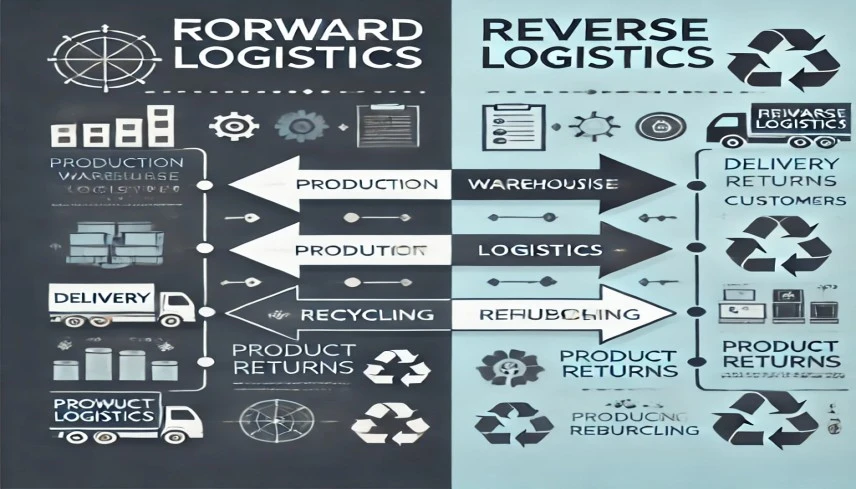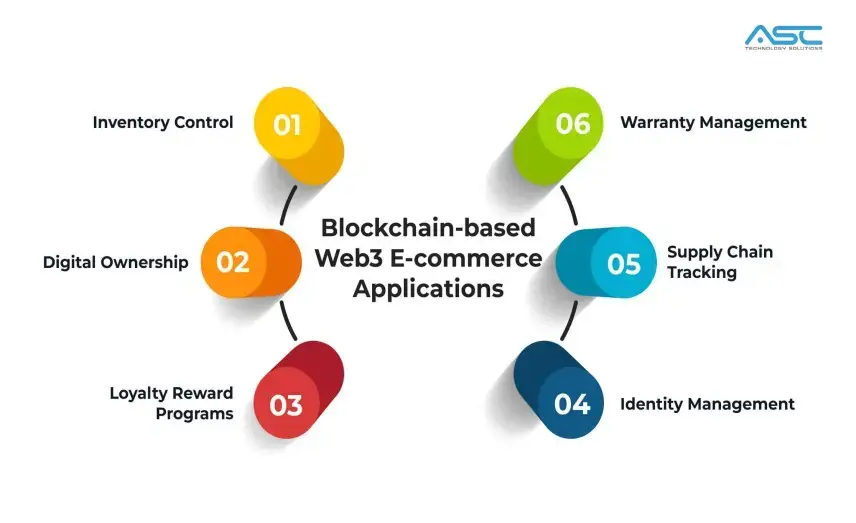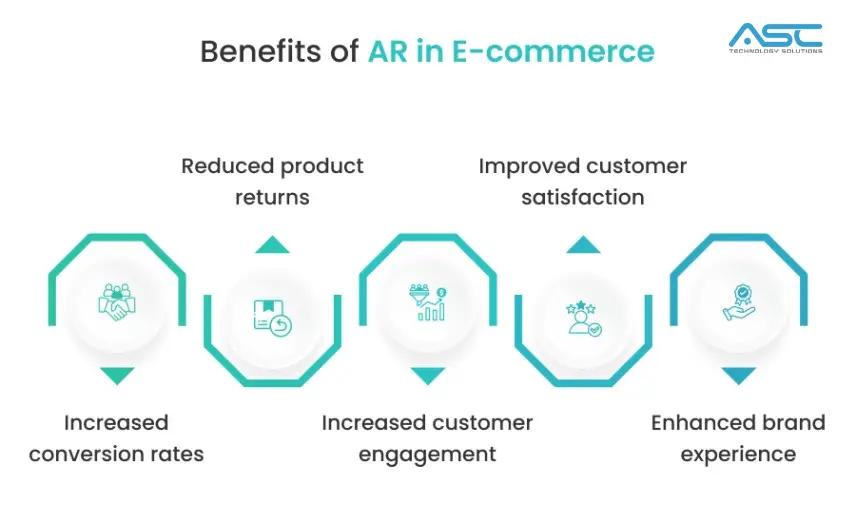Establishing a business is a stimulating experience, which involves risks as well as rewards. There is, however, one vital factor that every businessperson has to overcome, and that is the development of credible and sustainable sales forecasts. Organisational forecasting is useful for financing, investing, and, more importantly, helping businesses achieve steady growth. But lots of startups fail at this step, attributing to mistakes that are usually to be made here. Here, we’ve outlined the major errors to avoid when preparing financial projections for a startup venture and how engaging the services of a startup consultant or start-up advisor would be of immense value.
1. Overly Optimistic Revenue Forecast
The first strategic mistake that many startups make is setting a high revenue growth rate for the company. It is good to be confident in your product or service but to finance your business on the expected best returns is very misleading to the investors and results in poor cash flow. Therefore, revenue forecasts must be developed on proper market analysis and reasonable assumptions. They should consider the time it takes to secure the first customer and penetrate the market. Getting an outside opinion from a startup advisor to check that assumptions are not only testable but also realistic so they can prove significant.
2. Underestimating Expenses
One of the most common mistakes which many business owners fail to recognize or underestimate is the expenses required to sustain the startup. It’s easier to spend money on marketing, salary, stationeries and other miscellaneous expenses that are not easily accounted for. To overcome this, any new startup should list down all the fixed as well as the variable costs and the possibility of an increase in cost in the process of expansion. Talking to a startup consultant generates an understanding of many potential costs that are usually disregarded and creates a more realistic financial forecast.
3. Ignoring Cash Flow Management
Growth and sales revenue are by far the most popular financial forecast, on the other, the working capital of the company is the genuine blood of the startup business. Some markets are considered unprofitable, although they are lucrative, but rather close their businesses due to inadequate cash. To avoid issues with the cash flow, the startups should prepare a cash flow analysis that would predict the future cash inflow, as well as cash outflow. When developing a financial model it is also crucial to be able to incorporate a contingency plan that would tackle unexpected shortfalls. Consulting with a start-up advisor on the formation of techniques for monitoring the company’s cash flow and need for funds can go a long way in keeping start-ups afloat.
4.Neglecting Market Trends and Competitive Analysis
It is important to note that financial projections should not be conducted in isolation. Exogenous factors such as the current market trends and activities made by competitors can make projections useless. It means that such trends and positioning analysis should be embedded into the plans of startups. Adjustments to financial models should be made frequently because of the constantly changing market environment.
5.Failing to Factor in Seasonality and Economic Variations
It is shocking to find that many startups lack a basic understanding of the effect of seasonality and cyclical factors on their organizations. For instance, a new business that is in the selling of retail products will sell more products during festive seasons and fewer during other months of the year. Whereas when we talk about financial planning, more reliable estimates of revenue and expenses should be included in the seasonal and cyclical fluctuations. In particular, A start-up consultant may better explain to founders how these patterns would affect their financial scenario.
6.Overlooking the Importance of Sensitivity Analysis
Entrepreneurs must learn how several situations can affect their figures mostly because few of them do it. Sensitivity analysis aids in evaluating the possible effects of different values of original inputs, for instance, changes in market circumstances and other unavoidable costs. Some of the benefits linked to the assessment of risks include a rundown of the best, worst, as well as most likely situations to aid the startups in preparing for challenges. These analyses can be performed more efficiently and accurately when a startup consultant is consulted to do so.
7.Not Seeking Professional Guidance
Last but not least, the final error that a startup can make is trying to work out financial projections on its own. Often, entrepreneurs know the market and their product or service well enough but they don’t always possess the knowledge of financial aspects to build detailed forecasts. Hiring a start-up consultant or consulting startup advisor helps gain access to specific information on the field and guarantees accuracy, credibility, and great appeal to investors.
Building Stronger Projections
The ability to make realistic financial forecasts is critical for any new business that needs external funding, an investor or expects to have a positive outlook in the long term. Not making these mistakes can go a long way towards how a business is viewed and how it handles growth. This is where a startup consultant or the startup advisor becomes useful since they will help the entrepreneur handle a startup or new business venture and obtain crucial knowledge on real-life issues of financial forecasting efficiently.
Remember careful planning and informed guidance can set a startup on the path to sustainability growth and profitability.















